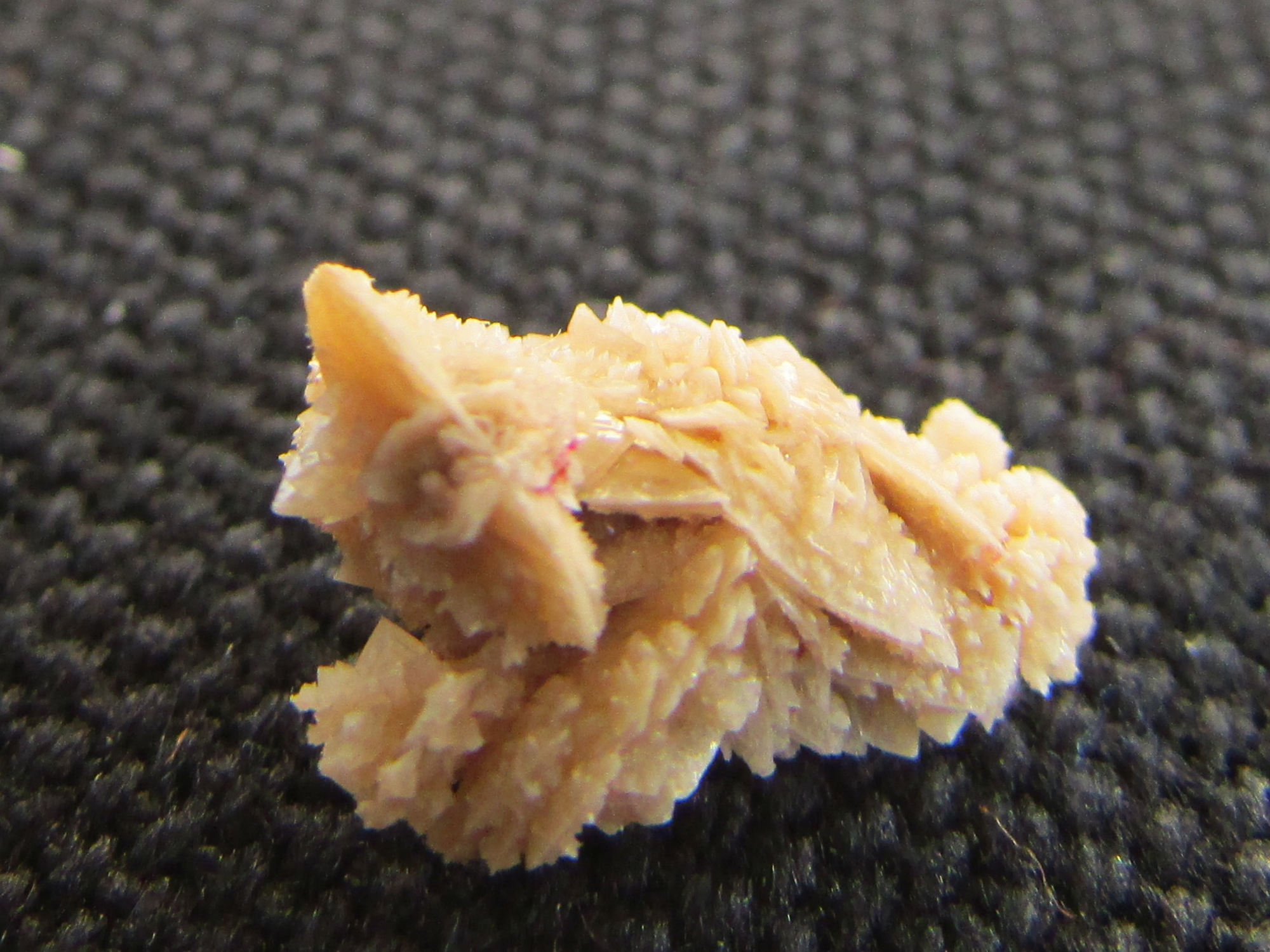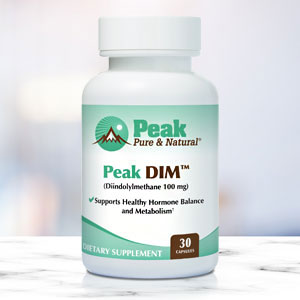Get Easy Health Digest™ in your inbox and don’t miss a thing when you subscribe today. Plus, get the free bonus report, Mother Nature’s Tips, Tricks and Remedies for Cholesterol, Blood Pressure & Blood Sugar as my way of saying welcome to the community!
Dos and don’ts to ditch kidney stones for good

If you’ve ever had a kidney stone, you’ll never forget it.
The intense pain of one of these tiny stones can literally bring you to your knees in just seconds.
One minute you’re fine and the next you writhing on the floor in more pain than you’ve ever experienced in your life.
And, as you may know, if you’ve had a kidney stone once, you’re more likely to suffer from them again and again.
So, let’s take a look at what they are, the causes behind kidney stones, bust the myths still circulated about these painful stones and discover ways to beat them naturally.
What they are and why you get them
Kidney stones are small, hard deposits that develop inside your kidneys or urinary tract.
They form when your urine contains more crystal-forming substances — like calcium, oxalate and uric acid — than the fluid in your urine can dilute. Or, your urine may lack substances that prevent crystals from sticking together, creating an ideal environment for kidney stones to form and putting you at risk.
These stones can cause blood in your urine and extreme pain in your stomach, side and groin.
And, they can even block the normal flow of your urine causing pain in your bladder as it swells.
Kidney stone myths
Because they do cause such intense pain, people have endless questions about kidney stones and how to avoid them.
Unfortunately, there is a lot of bad information out there that is still circulated, sometimes even by the medical community itself.
Myth #1 – You should avoid calcium
While the jury is still out on whether or not you should take calcium supplements (there’s a risk of hurting your heart), eating calcium-rich foods is just fine.
In fact, a study by the Harvard School of Public Health found that men who ate a diet rich in calcium had a one-third lower risk of kidney stones than those with lower calcium diets.
Myth #2 – Go low protein
Despite all the hype about protein causing kidney stone formation, researchers have found, “no physiological basis or trial evidence that ‘low protein diet’ is appropriate.”
So, while low protein diets are necessary in cases of kidney disease, they don’t impact kidney stone formation.
Natural ways to beat kidney stones
Now that you know what they are, why you get them and what advice to ignore, let’s look at some great ways to beat kidney stones naturally.
- Water, water, and more water – Dehydration puts you at a much higher risk of developing kidney stones so chug that water. At least eight ounces an hour of water or other hydrating beverage like herbal tea is a good rule of thumb. Green tea is considered kidney stone kryptonite.
- Leafy greens – Boosting your magnesium and potassium levels helps your body to process calcium and decreases your chance of forming stones. Green leafy veggies, avocados, bananas and cruciferous vegetables like broccoli and cauliflower are all good sources. If you’re not a vegetable fan, try taking 250 mg of magnesium twice daily to help prevent stones. And make sure other factors aren’t stealing your magnesium…
- Exercise – A sedentary lifestyle increases your risk of kidney stones so get out there and get moving. Weight bearing exercises are a great option since they increase bone strength by drawing calcium out of your blood and to your bones where it’s needed. Vitamin K2 can also help do this.
- Soda – Studies show that drinking soda worsens the conditions in your urine that lead to stone formation so skip the soda and choose water or herbal tea instead.
- B vitamins – B6 helps prevent oxalates that cause stones from accumulating. Take 50 mg of B6 alone or in a good quality B complex daily.
If you or someone you love suffers from kidney stones, don’t wait for the next attack. Use the diet and lifestyle advice above and prevent future stones from forming.
Editor’s note: Have you heard of EDTA chelation therapy? It was developed originally to remove lead and other contaminants, including heavy metals, from the body. Its uses now run the gamut from varicose veins to circulation. Click here to discover Chelation: Natural Miracle for Protecting Your Heart and Enhancing Your Health!
Sources:
-
How Common are Kidney Stones? — University of Wisconsin Health
-
A prospective study of dietary calcium and other nutrients and the risk of symptomatic kidney stones. — New England Journal of Medicine
-
The Kidney Stone Diet — University of Chicago Kidney Stone Evaluation and Treatment Program
-
Effect of cola consumption on urinary biochemical and physicochemical risk factors associated with calcium oxalate urolithiasis. — Urological Research
-
Intake of vitamins B6 and C and the risk of kidney stones in women. — Journal of the American Society of Nephrology













